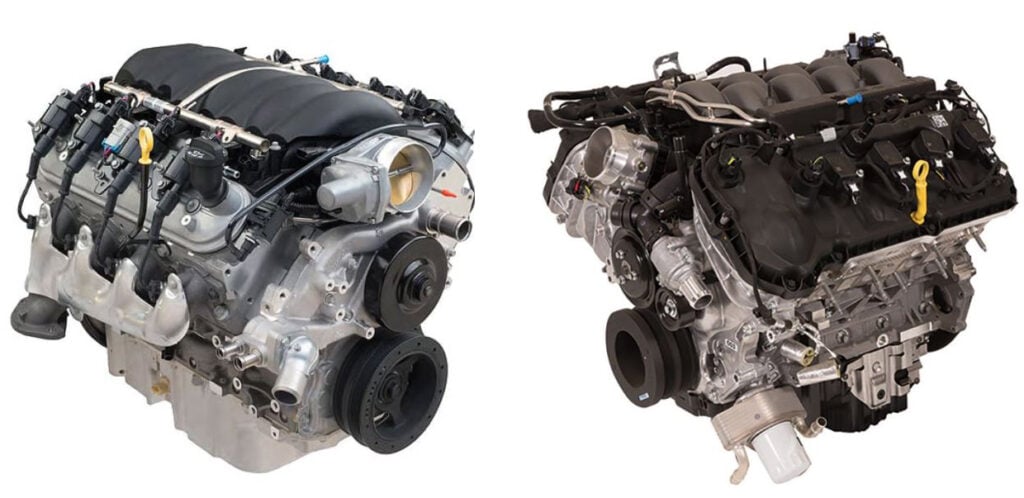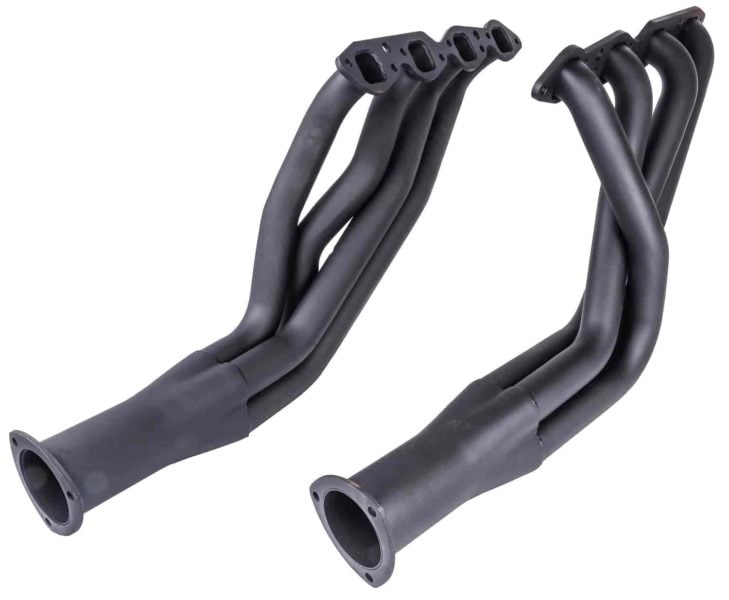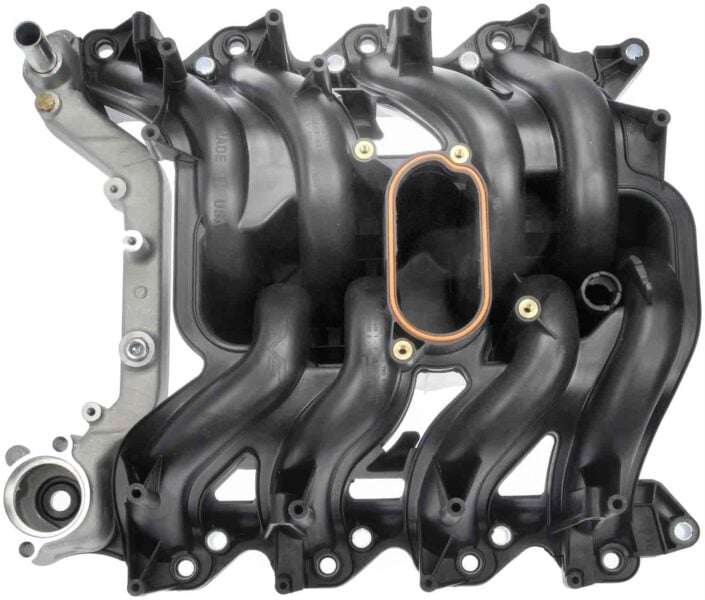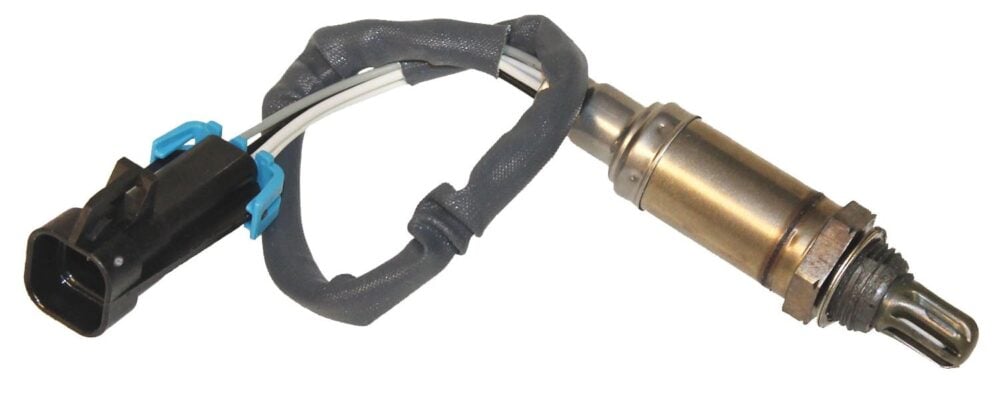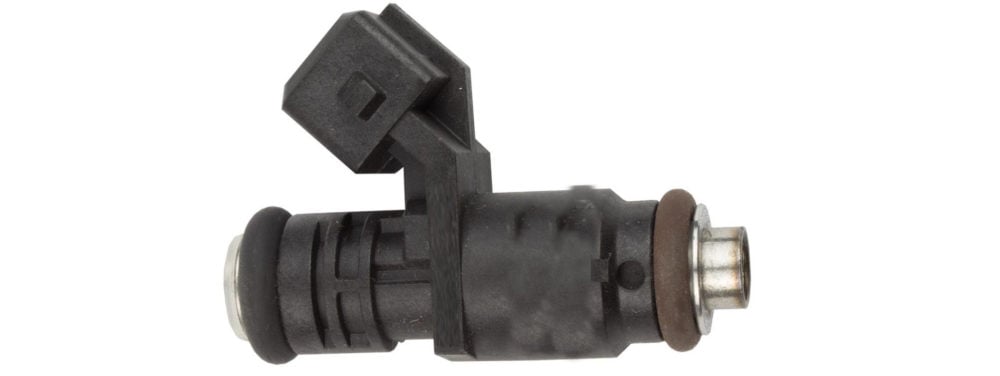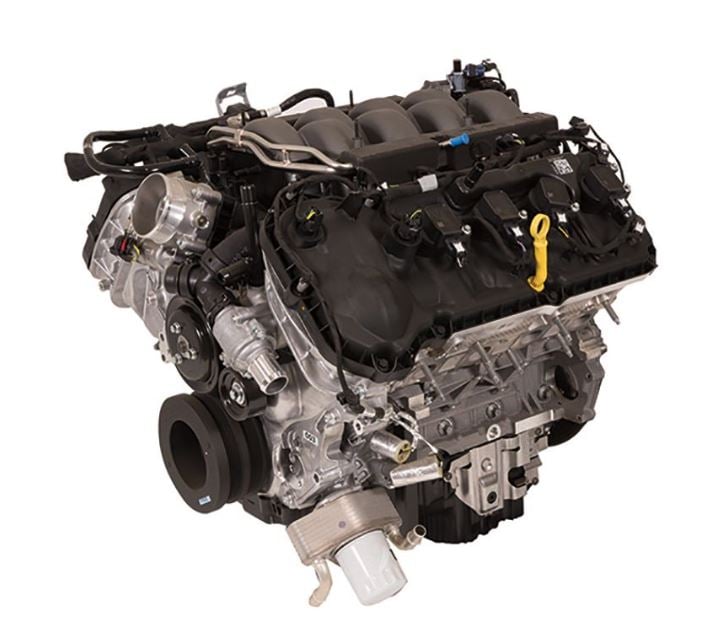
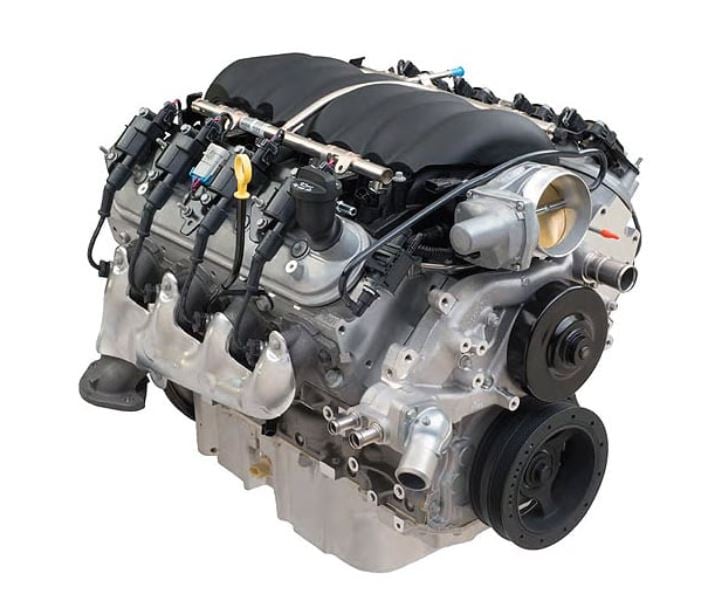
Car enthusiasts often find themselves caught up in heated debates over which engine is better, the Coyote or the LS. Both engines are known for their power and performance, making them popular choices for engine swaps and upgrades. In this article, we'll take a closer look at both engines and weigh their pros and cons to determine which one comes out on top.
What is a Coyote Engine?
The Coyote engine is a V8 engine produced by Ford. It first made its debut in 2011 and has since been used in a variety of Ford vehicles, including the Mustang GT, F-150, and Shelby GT350. The engine is known for its high-revving capabilities, thanks to its dual overhead camshaft design, which allows for better airflow and more efficient combustion.
The Coyote engine is also known for its impressive power output. In its latest iteration, the engine produces up to 480 horsepower and 420 lbs-ft of torque. It's a great choice for those looking for a powerful and reliable engine for their vehicle.
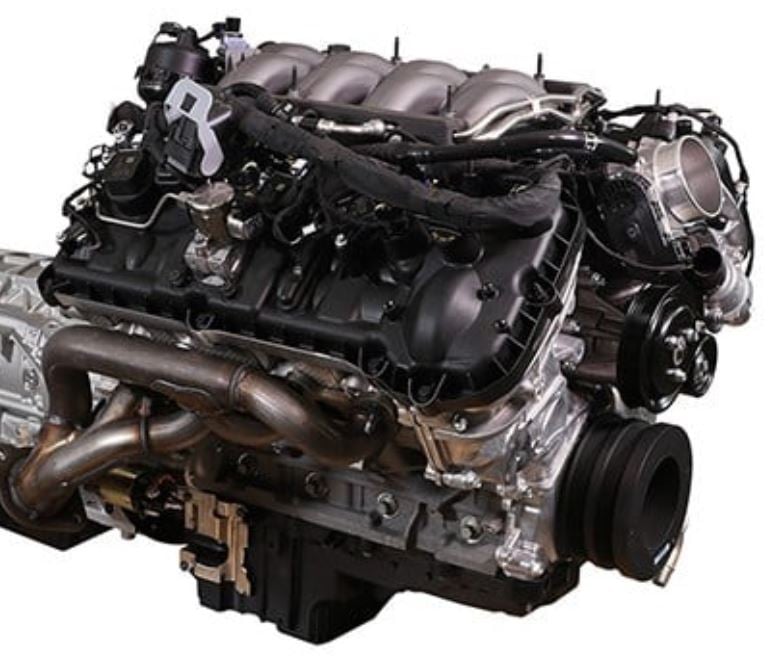
What is an LS Engine?
The LS engine is a V8 engine produced by General Motors. It was first introduced in 1997 and has since become one of the most popular engine choices for hot rodders and performance enthusiasts. The LS engine is known for its versatility and durability, with many examples achieving over 200,000 miles without major issues.
LS engines come in a variety of sizes and configurations, ranging from the LS1 to the LS9. The engines are known for their power and performance, with some LS engines producing over 600 horsepower in their stock form.
LS engines are also widely available, with many LS engines for sale online and in junkyards. This makes them a popular choice for engine swaps and upgrades.
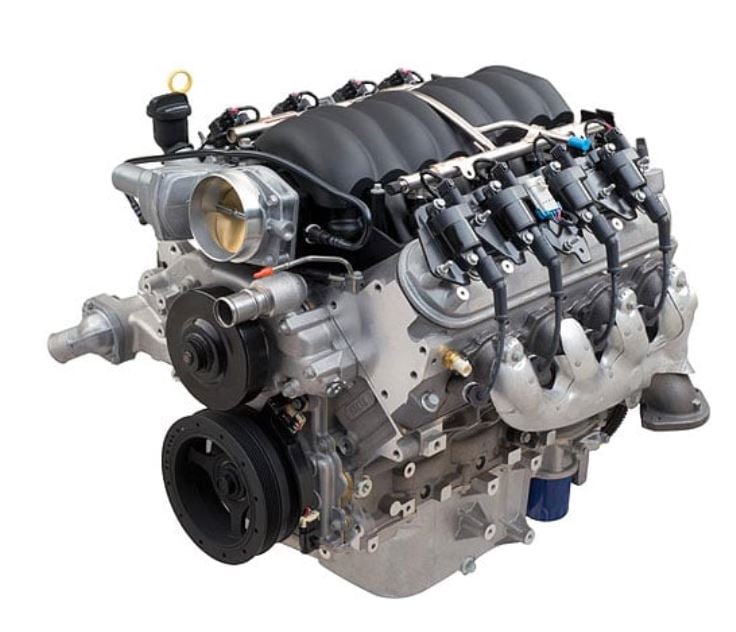
Pros Vs. Cons of Coyote Engine
The Coyote engine has a number of pros and cons that should be considered when deciding whether it's the right engine for your vehicle.
Pros:
- High-revving capabilities for better performance
- Impressive power output, up to 480 horsepower
- Dual overhead camshaft design for better airflow and efficiency
- Good fuel economy for a V8 engine
Cons:
- Higher cost than some other engine options
- Limited availability compared to LS engines
- Requires modifications to fit into some vehicles
Pros Vs. Cons of LS Engine
The LS engine also has its own set of pros and cons to consider.
Pros:
- Versatile and durable engine design
- Widely available, with many LS engines for sale online and in junkyards
- Easy to find aftermarket parts and upgrades
- Can produce impressive power output, up to 600+ horsepower
Cons:
- Lower revving capabilities than the Coyote engine
- Less efficient than the Coyote engine in terms of fuel economy
- Some LS engines can be more expensive than other engine options
Performance Modifications and Potential
Both the Coyote and LS engines offer a wide range of aftermarket support and performance modifications. Enthusiasts can find an extensive selection of upgraded components such as intake manifolds, camshafts, headers, and exhaust systems that can unleash even more power and enhance the engine's performance. Additionally, tuning options are available to optimize the engine's fuel and ignition parameters, further maximizing its potential. Whether you choose the Coyote or LS engine, the aftermarket support ensures that there are virtually limitless possibilities for performance upgrades and customization.
Fuel Efficiency Comparison
When it comes to fuel efficiency, the Coyote engine holds an advantage over the LS engine. With its dual overhead camshaft design and advanced engine management systems, the Coyote engine can offer better fuel economy compared to the LS engine. While both engines provide impressive power, those looking to prioritize fuel efficiency may find the Coyote engine to be a more suitable choice.
Application Suitability
The Coyote and LS engines have different characteristics that make them better suited for specific applications. The Coyote engine's high-revving capabilities and efficient airflow design make it an excellent choice for sports cars, such as the Ford Mustang GT, where top-end performance is desired. On the other hand, the LS engine's versatility, durability, and wide availability make it a popular choice for a variety of applications, including muscle cars, trucks, and hot rods. Consider the specific requirements of your intended application to determine which engine aligns best with your performance goals.
Cost of Maintenance and Repairs
When it comes to the cost of maintenance and repairs, both the Coyote and LS engines have their own considerations. While the Coyote engine may have a higher initial cost compared to some other engine options, it benefits from being a newer design with readily available OEM and aftermarket parts. On the other hand, the LS engine's wide availability and large user base contribute to a robust market for used parts, making it more cost-effective in terms of maintenance and repairs. Consider your budget and the long-term maintenance costs associated with each engine to make an informed decision.
Availability of Factory Support And Warranty
In terms of factory support and warranty coverage, both Ford and General Motors provide excellent support for their respective engines. The Coyote engine benefits from the backing of Ford's extensive dealer network and comprehensive warranty programs, ensuring peace of mind for owners. Similarly, the LS engine has a strong network of Chevrolet dealerships and warranty coverage to support its owners. When considering factory support and warranty, it's advisable to consult with authorized dealerships and review the specific terms and conditions offered by each manufacturer.
Which Engine is Better?
So, which engine is better, the Coyote or the LS? The answer ultimately depends on your specific needs and preferences.
If you're looking for a high-revving engine with impressive power output, the Coyote engine is a great choice. It's also a good option if you're looking for good fuel economy and don't mind paying a bit more for the engine.
On the other hand, if you're looking for a versatile and durable engine that's widely available and can produce impressive power, the LS engine is a great option. It's also a good choice if you're on a tight budget and want to save money on engine costs.
In the ongoing debate of Coyote vs LS engines, it's important to recognize that both engines have their own strengths and weaknesses. The Coyote engine impresses with its high-revving capabilities, impressive power output, and good fuel economy. It's an ideal choice for enthusiasts seeking top-end performance and a refined driving experience. On the other hand, the LS engine's versatility, durability, and wide availability make it an attractive option for those looking for a reliable, powerful, and cost-effective engine. Ultimately, the decision between the Coyote and LS engines should be based on your specific needs, preferences, and the demands of your intended application. Whichever engine you choose, both the Coyote and LS have proven their worth in the automotive world, offering enthusiasts thrilling performance and endless possibilities for customization and upgrades.
